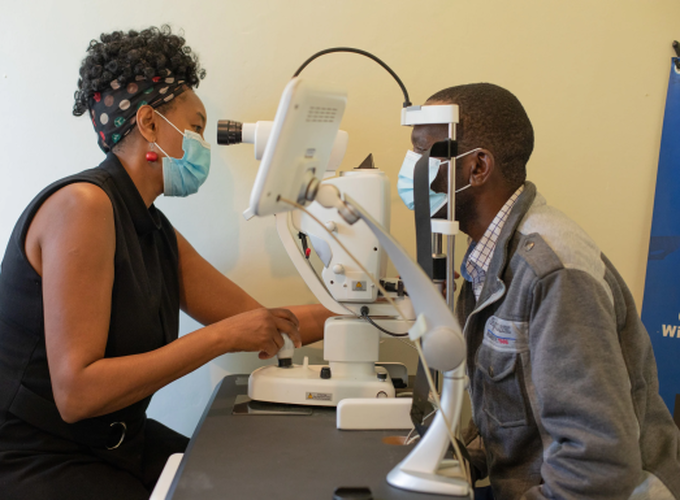Diabetic retinopathy is a leading cause of blindness in adults worldwide. Early detection and intervention can prevent blindness. Despite screening for diabetic retinopathy in the population with diabetes having been shown to be an effective public health intervention in reducing progression to vision loss, in many cases, patients do not receive their recommended annual diabetic eye examinations, primarily owing to limited access and cost.
Recently developed Artificial Intelligence (AI) algorithms for digital retinopathy screening might allow non-clinicians to be trained on collecting retinal images, obtaining real-time interpretation of the images and providing instant feedback to the patients and ophthalmologist referral if needed.
This project aims at evaluating the implementation of a pilot screening program where non-clinical staff in physician rooms are provided with retinal cameras and trained to use a cloud based system (validated in various populations and recently approved by the regulator for use in South Africa) to screen diabetic patients and provide direct feedback.
The study will take place in the Sommerset West area in the Western Cape Province of South Africa.
